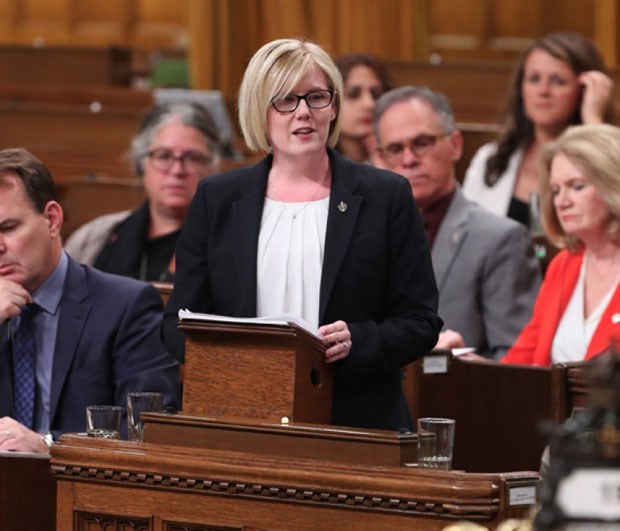This week is National AccessAbility Week: a time to raise awareness of the real barriers to inclusion that many Canadians with disabilities face on an ongoing basis, and a time to acknowledge the countless individuals and organizations that work tirelessly in our communities to ensure all Canadians have equal opportunities.
This week the House of Commons will also take an important step to address in law the historical unequal treatment of our citizens with disabilities by passing Bill C-81, the Accessible Canada Act. In my opinion, this will be the most significant advancement in disability rights since the charter, and it has been a great honour to have played a role in its creation.
The Accessible Canada Act recognizes that disability can be visible or invisible, permanent or temporary, congenital or acquired. It also recognizes that barriers to inclusion come in many forms, and can be found in our systems, our laws, our policies and our attitudes.
The act seeks to proactively identify and remove these barriers, paving the way for a fundamental shift in how we talk about and perceive disability in our country.
As a person with a disability, I appreciate what a game changer this will be. I was born legally blind, with only 10 per cent corrected vision. Quite frankly, I was born into a world that wasn’t built for me – one where people were going to make assumptions my whole life about what I can and cannot do.
My disability can often be invisible. It isn’t always apparent how little I can see, especially in bright light, when I am functionally totally blind. As a public figure, this can be challenging. I cannot see faces and I cannot read nametags. I cannot see people across a room, and would not notice somebody waving to me or trying to make eye contact. It takes me quite a while to recognize someone, based on a whole bunch of other clues, such as voice, body shape, hair colour and gait.
I have had to do my job as MP very differently. It quickly became apparent to me that I would have to be candid and open about my disability, something that hadn’t always come easy to me.
With the Accessible Canada Act, it is my hope more Canadians with disabilities will choose to run for office. And in this upcoming federal election, it is my hope that all public debates will be accessible; that candidates’ offices will be accessible; and that all parties will contain within their platforms commitments to address disability issues and the full inclusion of everyone.
Our citizens deserve nothing less.



